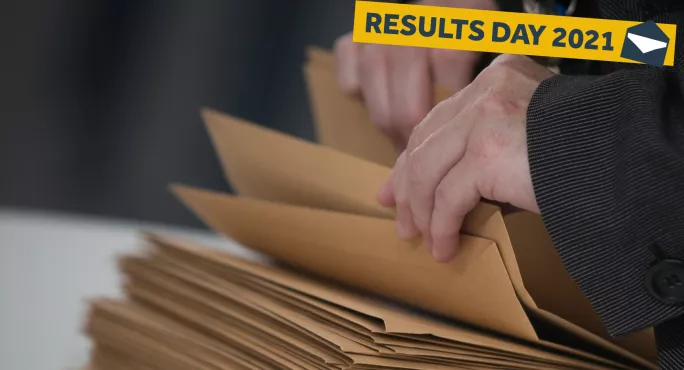GCSE and A-level results: Appeals legal bid ‘immoral’

Heads have criticised law firms for lining up to “pick over” teachers’ judgements of students’ GCSE and A-level grades this year.
And teachers’ leaders have condemned the firms as “immoral” and compared the practice to “ambulance-chasing”.
Today, law firm Brandsmiths has launched a service for pupils wishing to challenge their teacher-assessed GCSE and A-level grades.
Teacher grades: Schools expecting ‘huge’ number of appeals on GCSE and A level results 2021
Guidance: Cut appeals of GCSE and A level grades 2021 with transparency, schools told
Related: GCSE and A-level results 2021: Schools have ‘no discretion’ on who appeals
The website of its consumer arm, Claimsmiths, cites Department for Education research on how higher GCSE grades can boost lifetime earnings by over £200,000 and says: “Our service will assess the available evidence and the school’s processes to determine whether there has been any administrative error or failure to follow its procedure”.
It offers to draft a request for a grading review, and adds that if the review is unsuccessful, it will assess whether the school used reasonable judgement when deciding the evidence used to determine the grade or reasonable judgement to decide on a pupil’s grade.
It then offers to draft an appeal for pupils and their families based “on any identified issues and any failures or errors” and adds that the review and appeals process is a “one-chance only to correct inaccurate grades” and that the process is “time critical”.
But Geoff Barton, general secretary of the Association of School and College Leaders, has said the idea that law firms would involve themselves in the appeals process is “depressing”.
“It is quite depressing that we are seeing the threatening overtones of the compensation culture that has crept into society in the last few years now focusing on education,” he said.
“Schools and colleges worked incredibly hard during the spring and summer terms to ensure their students have been awarded grades that accurately reflect both their learning experience and ability during the pandemic, having been handed this huge responsibility after the government failed to plan for the need to cancel exams.
“What they do not need, having gone through this demanding and burdensome process, is to have their expert judgments questioned and picked over by lawyers acting for the privileged minority of parents in a position to be able to afford them.
“Parents and students need to have trust in the conclusions reached by the teachers and senior leaders who know them best at the end of an extraordinarily difficult last couple of years for everybody in education,” he added.
Mary Bousted, joint general secretary of the NEU teachers’ union, said: “We know some law firms are ambulance chasers, and that’s bad enough.”
“But when that extends to GCSE and A-level grades, it’s just ridiculous. Parents have no need to go to that length.
“If they don’t think that their child has been awarded the right grade then there’s a clear process which has been put in place by Ofqual which will be followed by all schools.
“All schools are geared up to do appeals so there is a clearly defined process...Parents don’t need a lawyer who’s not an education expert to write it for you.
“I think this is a completely immoral playing on parental fears and I would advise parents not to use these services,” she said.
Register with Tes and you can read two free articles every month plus you'll have access to our range of award-winning newsletters.
Keep reading with our special offer!
You’ve reached your limit of free articles this month.
- Unlimited access to all Tes magazine content
- Save your favourite articles and gift them to your colleagues
- Exclusive subscriber-only stories
- Over 200,000 archived articles
- Unlimited access to all Tes magazine content
- Save your favourite articles and gift them to your colleagues
- Exclusive subscriber-only stories
- Over 200,000 archived articles
topics in this article



